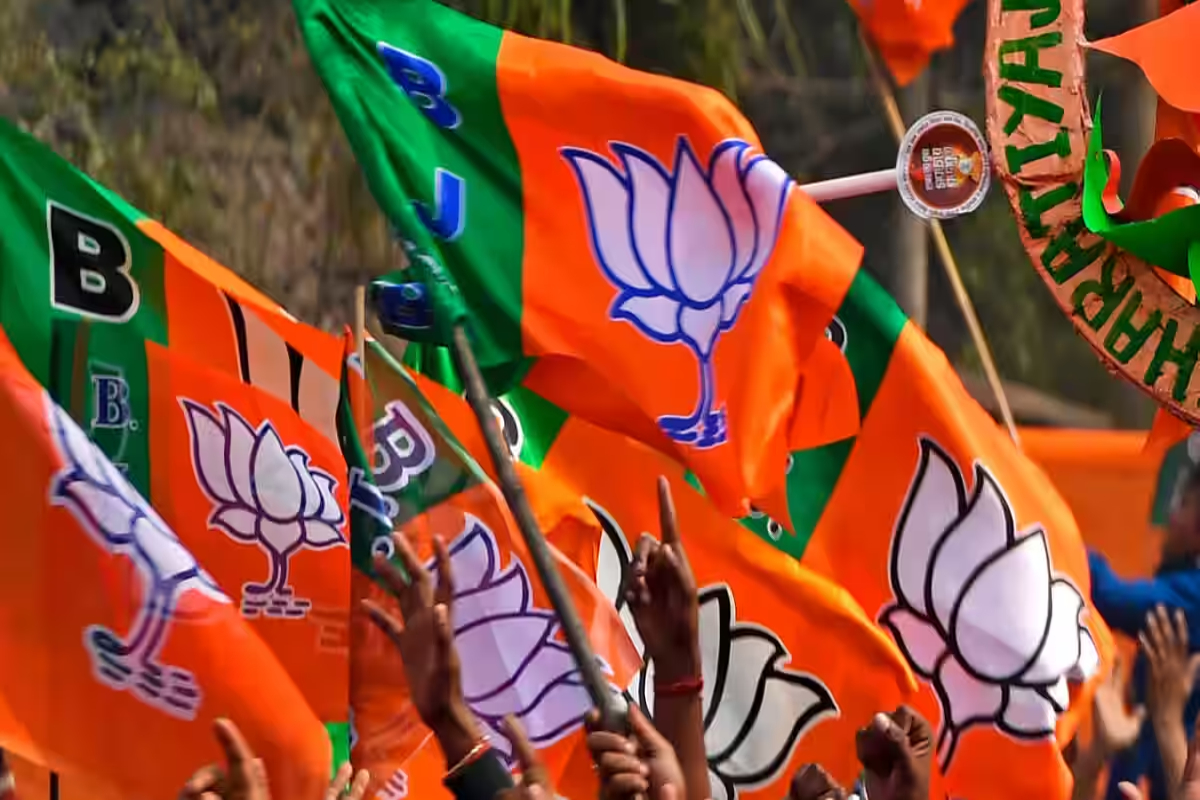The writing was on the wall for Chief Minister N Biren Singh ever since the BJP suffered a humiliating defeat in the 2024 Lok Sabha elections, losing both Parliamentary seats in Manipur.
With ethnic conflict raging and dissent within his party growing, his position had become increasingly untenable. The BJP high command’s decision to remove him was only a matter of time.
Advertisement
Singh’s departure comes after 21 months of mounting opposition from Kuki-Zo leaders and internal rebellion within the BJP.
His tenure had been marred by the ethnic conflict between the Kuki-Zo and Meitei communities, which erupted on May 3, 2023, leaving over 200 people dead and thousands displaced.
Kuki-Zo groups and 10 MLAs from the community—seven of them from the BJP, including two ministers—blamed Singh for mishandling the crisis.
Meanwhile, resentment among Meitei BJP MLAs in the Imphal Valley was also growing, with many making repeated appeals to the central leadership to replace him.
In October 2024, a delegation of BJP legislators even approached the Prime Minister’s Office (PMO), urging intervention. Despite this, the BJP high command continued to back Singh, wary of destabilizing the government amid ethnic turmoil.
The breaking point appeared to be the Budget session of the Manipur Assembly, set to begin on Monday. Frustrated with inaction from the central leadership, dissident BJP MLAs considered taking an unprecedented step—aligning with the Opposition to support a no-confidence motion against Singh’s government.
As tensions escalated, Speaker Thokchom Satyabrata Singh, a known critic of Biren Singh, visited New Delhi last week and briefed BJP president J P Nadda about the brewing rebellion.
When asked if the no-confidence motion could be blocked, the Speaker reportedly stated that he could not prevent it.
Singh’s efforts to secure support from the BJP leadership appeared to falter. His visit to Delhi on February 5 reportedly failed to yield a meeting with Home Minister Amit Shah. He then traveled to the Kumbh Mela in Prayagraj, only to be urgently summoned back to Delhi as the crisis escalated.
During a crucial two-hour meeting on Sunday with Shah and Nadda, the decision was made: Singh would step down.
For the BJP leadership, the timing was critical. The Centre had recently initiated measures to tighten border security and restructure the state’s administration. This included appointing former Union Home Secretary A K Bhalla as Governor and overhauling the bureaucracy. A no-confidence motion could have derailed these efforts.
Additionally, the Supreme Court’s directive to examine leaked audio tapes—allegedly linking Singh to ethnic violence—further weakened his position. The Kuki Organization for Human Rights Trust had filed a petition demanding an independent investigation, adding to the BJP’s urgency to act.
Singh, once a strong leader for the BJP in Manipur, had become a liability. Public outrage over the handling of ethnic violence had also boiled over in November 2024, when mobs vandalized the homes of MLAs and ministers, including Singh’s, following the abduction and killing of six Meitei women and children.
With Singh’s resignation, the BJP now faces the challenge of selecting a new leader who can bridge deep ethnic and political divisions while restoring stability in Manipur.










